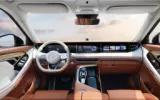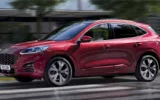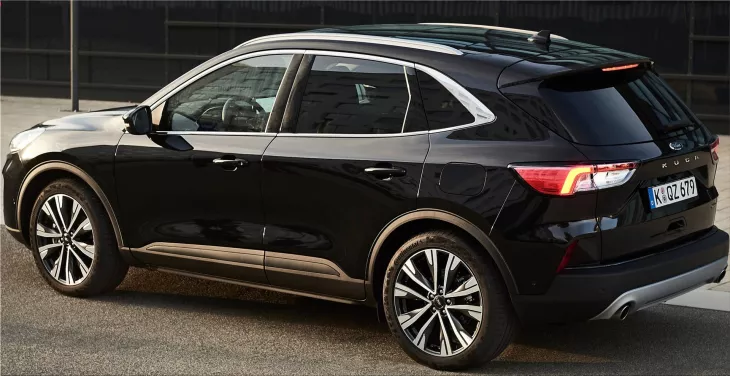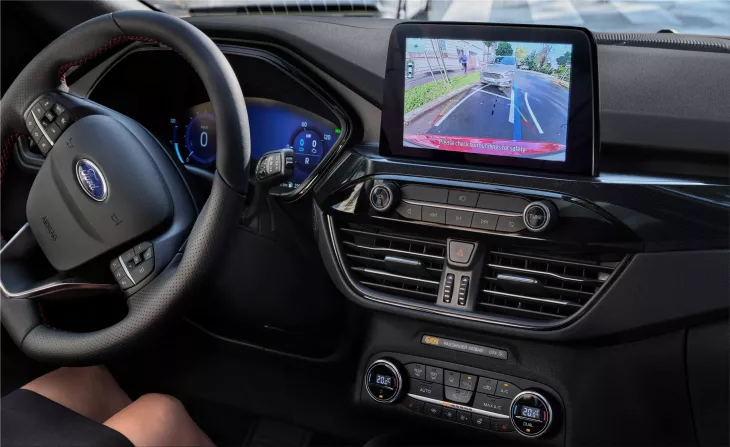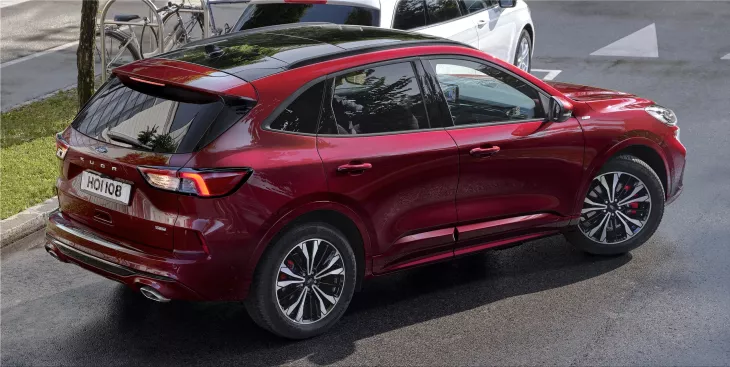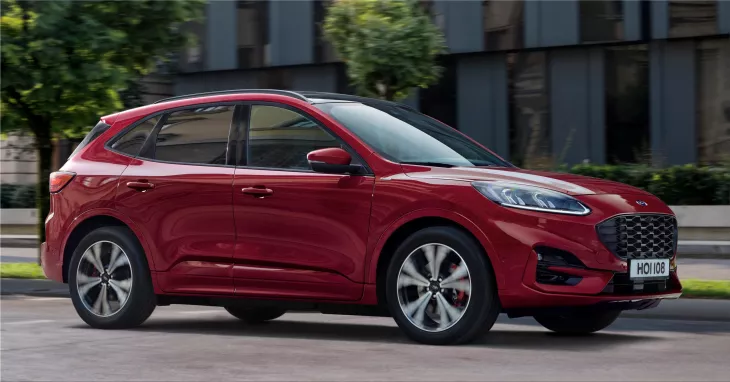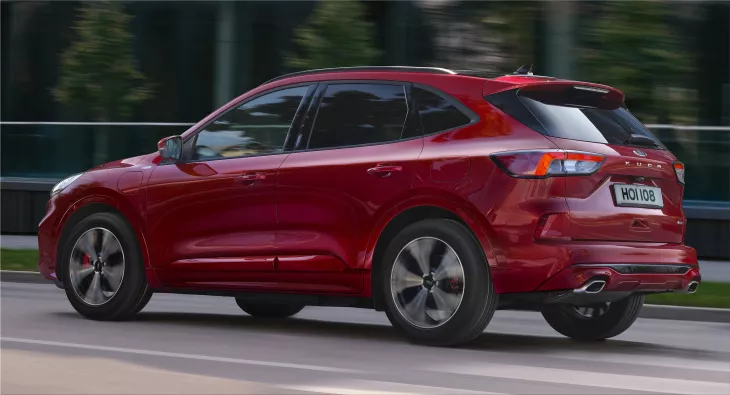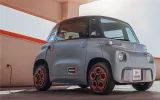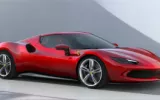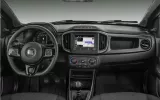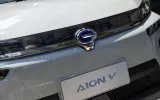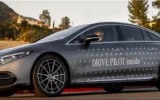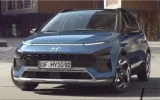The Ford Kuga Plug-in Hybrid (PHEV) was the best-selling rechargeable hybrid model in Europe during the first half of the year. According to anonymized customer data collected by Ford, 49 % of trips made with the Kuga Rechargeable Hybrid were driven solely by electricity.
More than 6,300 Ford Kuga Plug-in Hybrids were sold in Europe in June, an all-time monthly sales record for the model. The rechargeable hybrid now accounts for a larger share of sales than all other Kuga models combined. In the second quarter alone, nearly 16,000 Kuga rechargeable hybrids were sold - more than 33 % more than the next best-selling rival during the same period.
Sales of rechargeable hybrids and fully electric cars are on the rise in Europe, as more and more customers are finding them to suit their needs and bring cost savings, especially when using a home charging station. In Europe, 8.4 per cent of passenger cars sold in April-June were rechargeable hybrids, an increase of more than 225 % in the previous year.
The anonymized data collected by Ford helps to understand and optimize the user experience for customers driving rechargeable hybrids. The data collected revealed the following, among other things, about the use of the Ford Kuga Plug-in Hybrid:
- 49 % of trips are electric.
- More than two-thirds of the journeys are up to 50 kilometres long and can be driven by electricity alone. Of this year's more than 633,000 driving days, more than 420,000 driving days were conducted emission-free. Daily driving performance averaged 52 kilometres, which is below the 56-kilometre electric range (WLTP) of the Kuga rechargeable hybrid.
- Customers rely on battery technology and are used to charging their cars regularly.
- Customers charge the car at night and thus take advantage of the lowest electricity prices.
- 35 % of the charges took place at night with a charging time of 12 hours or more - that's twice the time it takes to charge a car battery from a 230-volt home outlet. A total of 45 % of charges occurred at night, indicating that customers recharge their hybrid cars in the same way as smartphones and other smart devices.
The electric range of the Kuga Rechargeable Hybrid (PHEV) is 56 kilometres (WLTP). The car has a 2.5-litre four-cylinder petrol engine and an electric motor with a 14.4 kWh lithium-ion battery. The model has a combined fuel consumption of 1.4 l / 100 km (WLTP) and CO 2 emissions of 32 g / km (WLTP).
The driver can select the appropriate driving hybrid driving mode:
- Drive mode Automatic, which automatically switches between the electric and internal combustion engine
- Driving mode Electricity that only uses an electric motor when the charge level is high enough
- Drive Mode Economy that uses an internal combustion engine to save the battery charge for later use
- Drive mode EV charging, which allows the battery to be charged with an internal combustion engine
In addition to external charging, the Kuga Rechargeable Hybrid also automatically charges the battery while on the move, recovering the kinetic energy generated by braking, which is usually lost during braking.
Ford is accelerating towards a fully electric future in Europe. As early as mid-2026, all new passenger cars sold in Europe will be either rechargeable hybrids or all-electric cars, and by 2030, all passenger cars sold will be fully electric.
The company's first fully electric car since its beginning is the Mustang Mach-E, which has already delivered more than 5,300 units to European customers during the second quarter of this year.
Ford's electrified passenger car lineup currently includes light hybrid versions of the Kuga, Puma, Fiesta and Focus, full hybrids of the Kuga, Mondeo, S-MAX and Galaxy, and combinations of the Kuga and Explorer, and a Mustang Mach-E fully electric.
"The appeal of the Ford Kuga Plug-in Hybrid is also visible. The car really offers its owners a lot of value for money thanks to its very comprehensive standard equipment, driver assistance technologies and the cost savings brought by electric driving. And its 56-kilometre electric range is enough for the majority of customers to drive on a daily basis," says Johan Lindberg, CEO.
"We believe our customers are buying hybrid cars because of the benefits they bring from electric driving. Based on the data obtained, we can also conclude that our customers driving a Kuga rechargeable hybrid want to drive as much electricity as possible," says Roelant de Waard, General Manager, Ford Europe.

